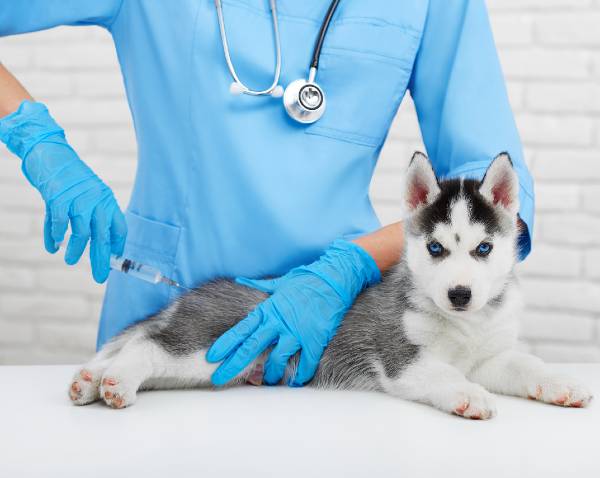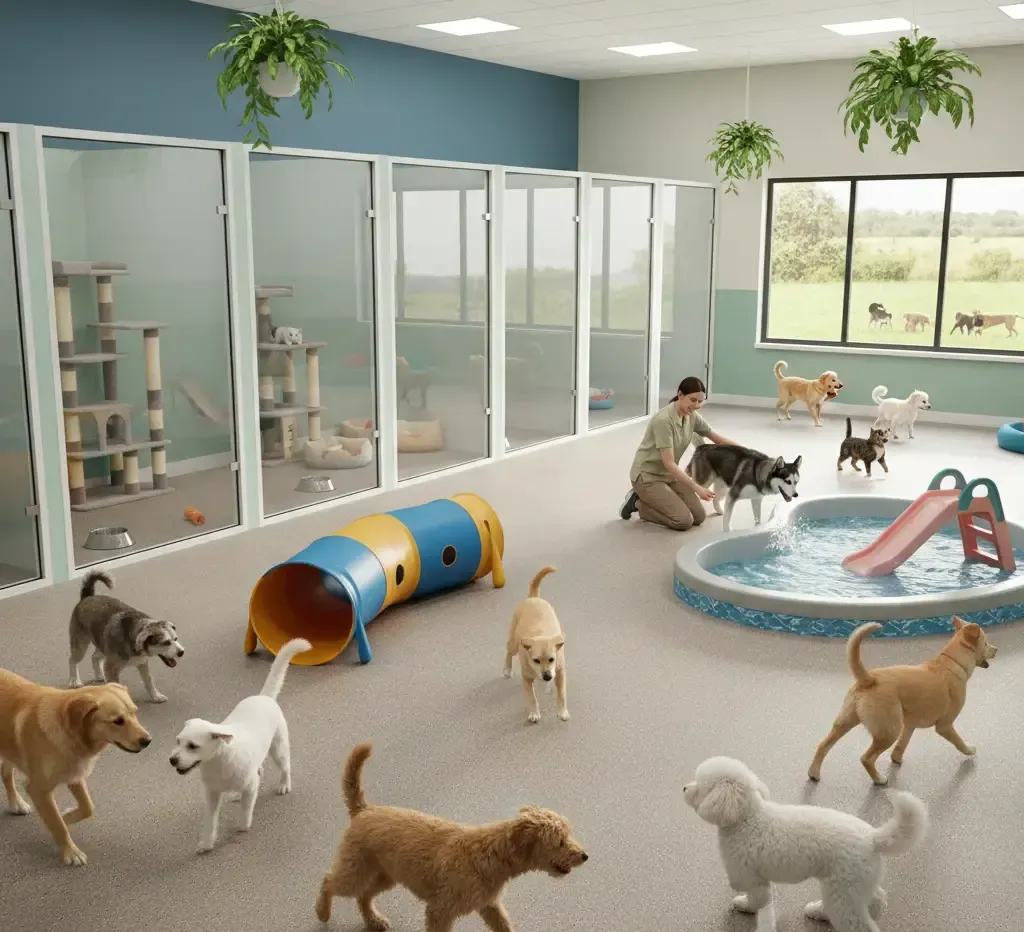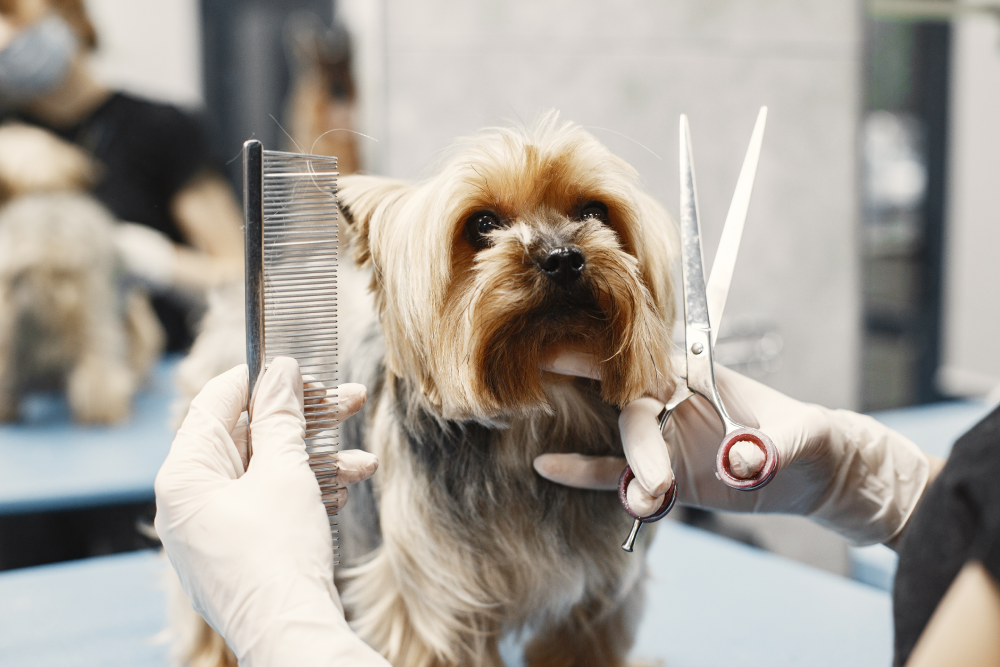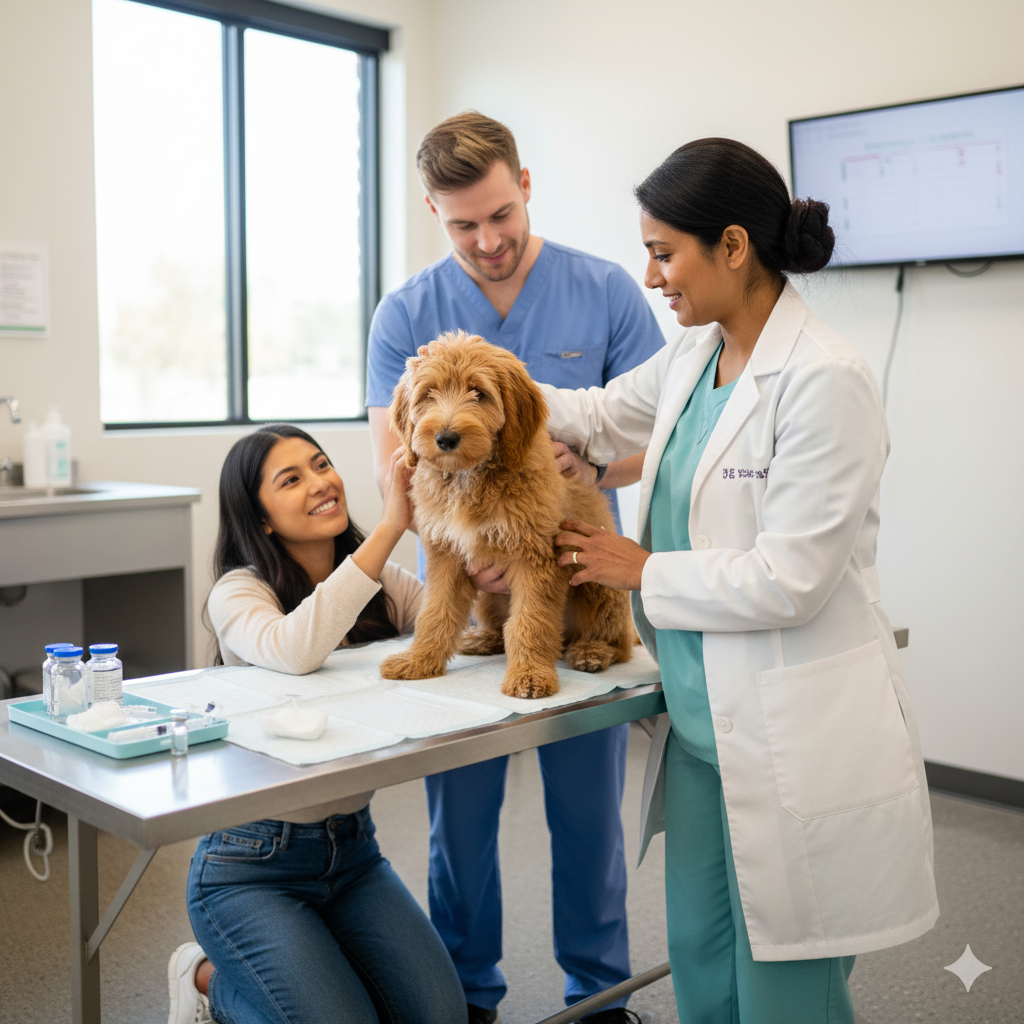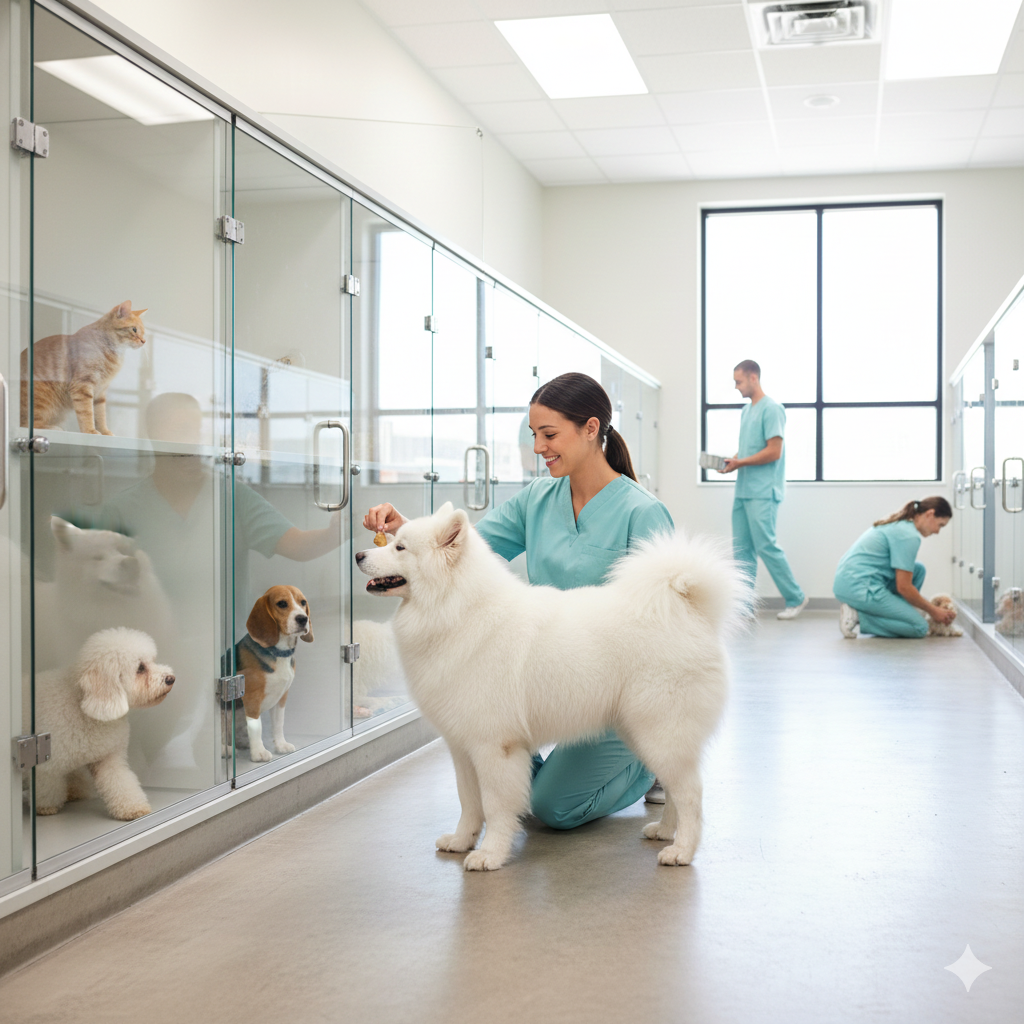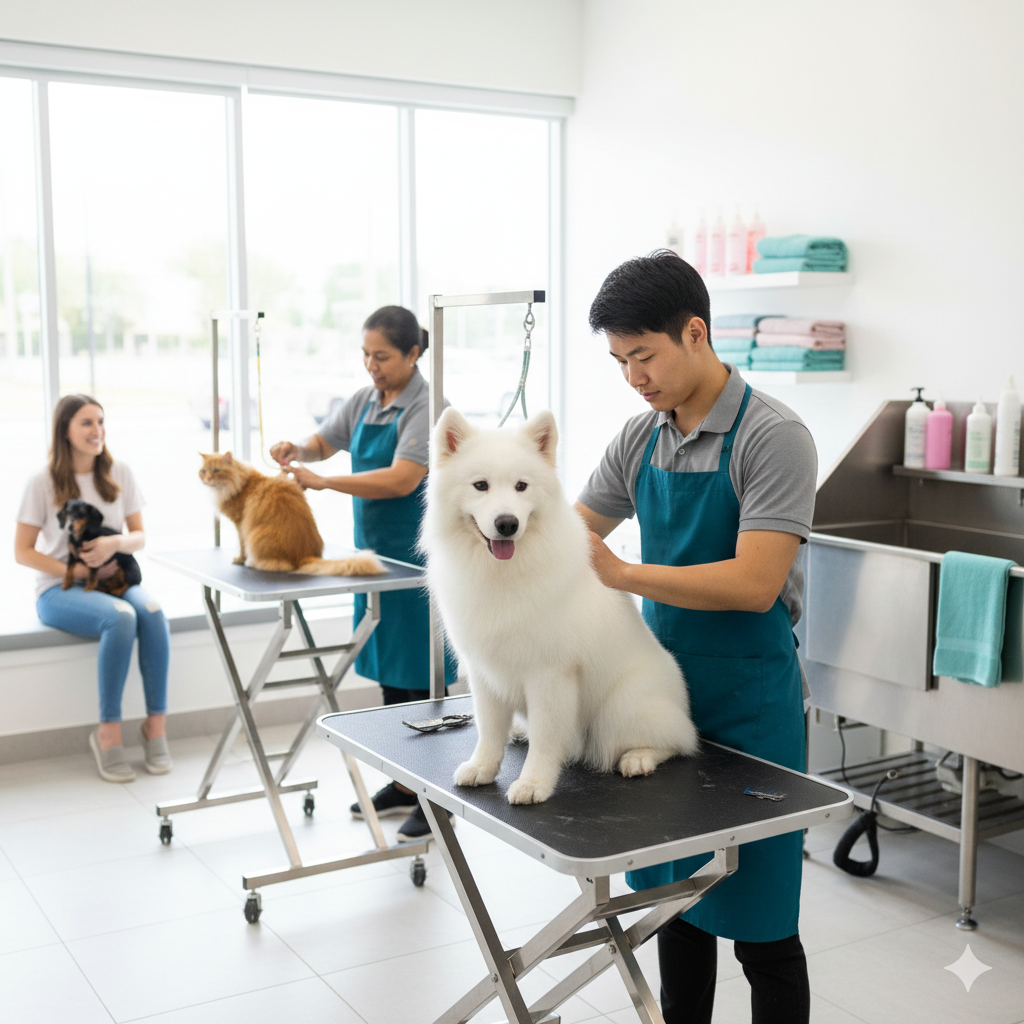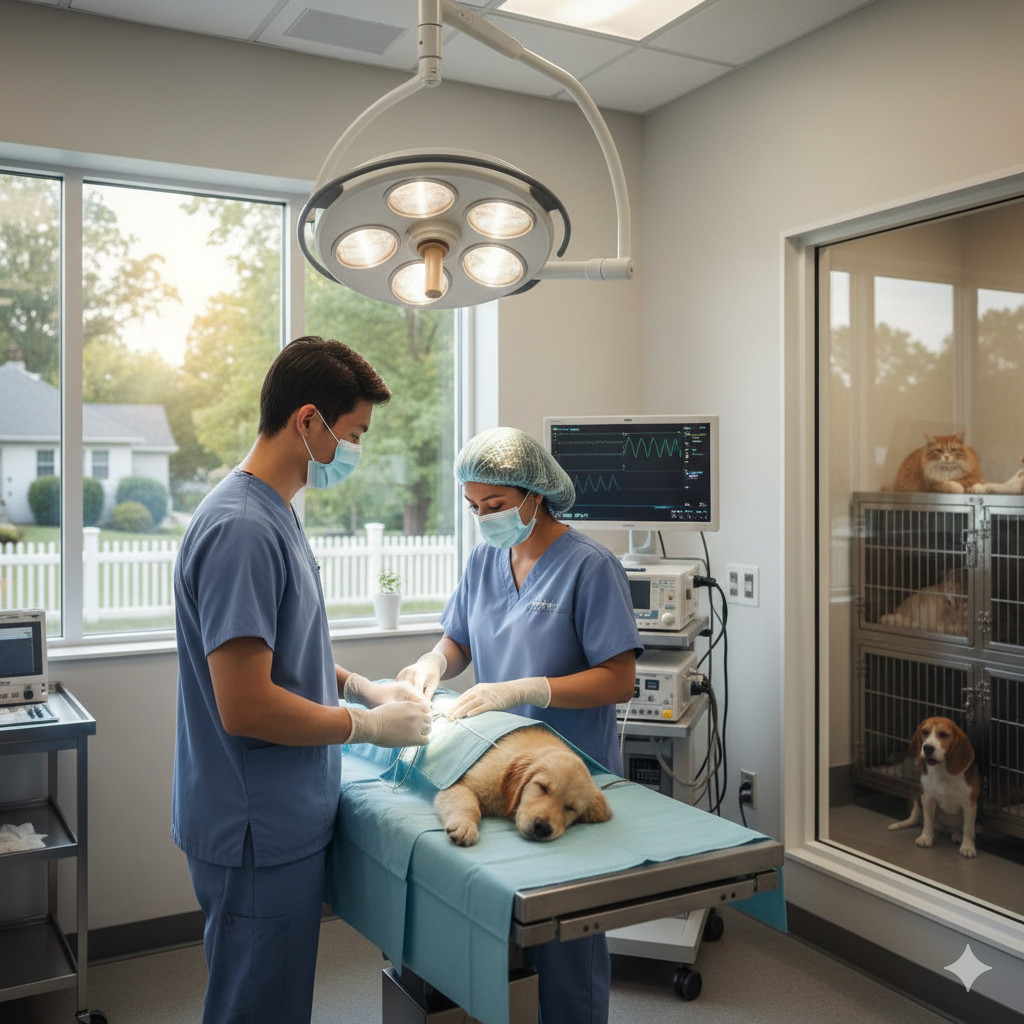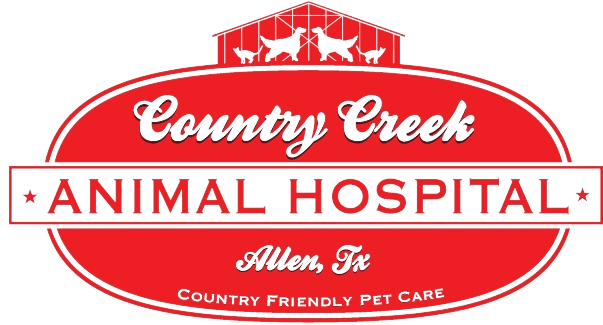The Importance of a Veterinarian for Preventive Pet Care
When people think about their pets, they usually picture wagging tails, playful purrs, and the joy that furry companions bring into everyday life. But just like humans, pets need regular check-ups, preventive care, and professional oversight to stay healthy long-term. This is where a Veterinarian becomes vital. Preventive pet care is not just about treating illnesses when they arise; it’s about stopping health problems before they even start.
Regular visits to a trusted vet clinic offer peace of mind, ensure your pet’s well-being, and help detect potential issues early. Preventive pet care isn’t something to take lightly—it’s the foundation of a happy, healthy, and longer life for your beloved companion. At facilities like Country Creek Animal Hospital, the focus goes beyond treatment by emphasizing proactive steps that keep pets thriving for years.
Why Preventive Pet Care Matters
Preventive pet care is about much more than vaccinations. It encompasses early detection, routine exams, dental care, nutrition advice, parasite control, and lifestyle adjustments tailored to your pet’s needs. By seeing a Veterinarian regularly, you can avoid costly health emergencies and extend your pet’s lifespan.
Imagine skipping dental hygiene for yourself—eventually, cavities, gum disease, or even systemic infections would follow. The same is true for pets. Preventive care saves not just money but also spares your furry friend from unnecessary pain and discomfort. A vet clinic serves as the hub for this kind of proactive care, offering services that cover every stage of an animal’s life.
The Role of a Veterinarian in Preventive Care
A Veterinarian is more than just a doctor for your pet—they are a guide, advisor, and advocate for their overall well-being. Preventive pet care handled by a dedicated Veterinarian ensures your pet receives tailored attention. They monitor for hidden conditions, check vital signs, recommend nutrition and exercise plans, and ensure vaccinations are up to date.
At a vet clinic, the role of the Veterinarian becomes even more impactful: they pair knowledge with tools and facilities that can catch health issues like heart murmurs, early arthritis, or skin problems before they become severe. Preventive care is less about reacting to illness and more about guarding your pet’s quality of life in advance.
The First Step: Regular Check-Ups
One of the most effective preventive measures is keeping up with routine veterinary exams. Pets can’t tell you when they’re not feeling well, and many health conditions develop quietly before showing symptoms. Regular visits to a vet clinic allow the Veterinarian to:
- Detect early warning signs of disease
- Perform routine blood work for a baseline of health
- Check for parasites like fleas, ticks, or heartworms
- Offer advice on diet and exercise tailored to your pet’s breed and age
These check-ups become the cornerstone of preventive care. When your pet sees the same Veterinarian consistently, the doctor develops a fuller picture of their health history, picking up subtle changes that might otherwise be missed.
Vaccinations and Disease Prevention
Vaccinations are one of the simplest and most effective preventive measures. They shield your pet from potentially deadly diseases such as rabies, distemper, or parvovirus. A trusted vet clinic schedules vaccines according to your pet’s lifestyle, age, and risk level.
Your Veterinarian not only administers vaccines but also ensures they are safely spaced and tracked across your pet’s life. Missing even one booster can leave your furry friend vulnerable. In many cases, vaccinations are also required by law, safeguarding both your pet and the community.
With regular preventive care at places like Country Creek Animal Hospital, you’re not just protecting one animal—you’re contributing to the greater cause of disease prevention among pets in your community.
Dental Care: A Forgotten Preventive Measure
Many pet owners overlook oral hygiene, but dental disease is one of the most common issues facing pets today. Without proper dental care, plaque builds up, gums become inflamed, and bacterial infections can spread to the heart and other major organs.
This is why regular dental exams at your local vet clinic are crucial. A skilled Veterinarian checks for tartar buildup, loose teeth, and gum health. Preventive cleanings extend beyond aesthetics—they directly impact your pet’s long-term health. By prioritizing dental upkeep, you eliminate pain and prevent serious complications down the road.
Nutrition and Weight Management
Overfeeding and giving in to those big, pleading eyes can have major long-term health consequences. Obesity in pets leads to joint issues, diabetes, and heart conditions. A professional Veterinarian doesn’t just treat illnesses—they help create a balanced meal plan suited for your pet’s age, breed, and lifestyle.
At a respected vet clinic, experts often measure body weight trends and advise on exercise routines that support long-term health. Small adjustments, like switching to a veterinary-recommended diet or trimming unnecessary treats, can prevent years of suffering.
Country Creek Animal Hospital takes these food-based conversations seriously, ensuring that every pet parent understands how nutrition fuels prevention.
Parasite Prevention
Fleas, ticks, and worms are more than nuisances—they carry diseases that can devastate a pet’s health. Preventive medication, offered at any trusted vet clinic, is essential. Your Veterinarian determines the right dosages, ensures season-long coverage, and may even spot infestations early during routine exams.
For example, heartworm disease often goes unnoticed until advanced stages. Preventive medication prescribed by your Veterinarian saves time, stress, and costly treatments later. Parasite prevention is not optional—it’s a non-negotiable element of caring for your beloved companion.
Senior Care: Prevention for Aging Pets
As pets grow older, preventive strategies need to adapt. Senior cats and dogs are prone to arthritis, kidney disease, and cancer. With regular visits to a vet clinic, age-related issues can be detected and managed early.
Your Veterinarian may recommend more frequent exams and specialized screenings for older pets. Early detection of kidney problems or arthritis allows for lifestyle modifications that greatly improve comfort in the golden years. Preventive care in senior animals emphasizes quality of life, allowing them to age gracefully while staying active and happy.
The Emotional Side of Preventive Care
Pet parents often feel helpless when their beloved companion suffers from illness. Preventive care minimizes those heartbreaking scenarios. By working closely with a Veterinarian and maintaining a trusted relationship with your vet clinic, you build a foundation of confidence and reassurance.
Country Creek Animal Hospital emphasizes that prevention is not only about physical health—it’s about peace of mind for families. Knowing you’ve taken proactive steps empowers you to cherish the joyful bond with your pet without constant worry over hidden illnesses.
FAQs on Preventive Pet Care
How often should my pet see a Veterinarian for preventive care?
Pets should ideally see a Veterinarian at least once a year for routine exams, even if they seem healthy. Puppies, kittens, and senior pets may require more frequent visits.
What is included in a preventive pet care visit at a vet clinic?
A typical visit includes a physical exam, vaccinations, parasite checks, nutrition guidance, and possibly blood work depending on your pet’s age and lifestyle. A vet clinic provides these services all under one roof.
Why is dental care so important for pets?
Dental disease not only causes pain and tooth loss but can also spread bacteria to vital organs like the heart and kidneys. Regular cleanings by a Veterinarian prevent serious complications and improve overall health.
How can I ensure my pet maintains a healthy weight?
Work with your Veterinarian to design a nutrition plan. Limit treats, measure meals, and encourage daily exercise. At a vet clinic, weight trends can be tracked and adjusted as needed.
Is preventive care cheaper than emergency treatment?
Absolutely. Preventive care requires small, predictable expenses for vaccines, parasite medication, and exams. Emergency care, however, can cost thousands of dollars, and often occurs when conditions have advanced too far.
Country Creek Animal Hospital
1258 W Exchange Pkwy, Allen, TX 75013, United States
(972) 649-6777
https://www.countrycreekvets.com/

